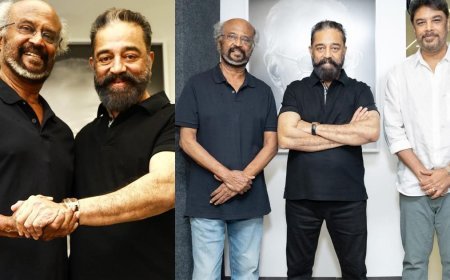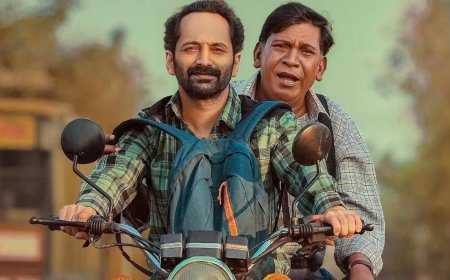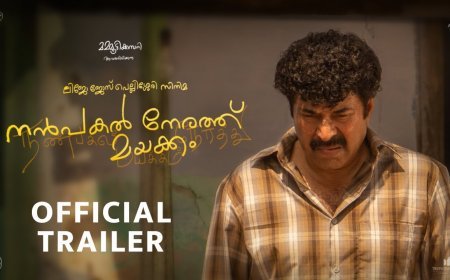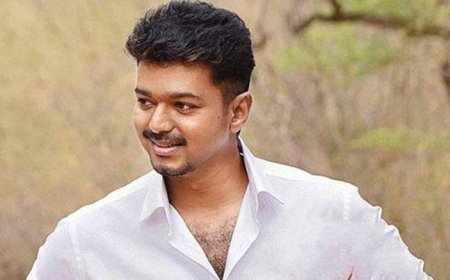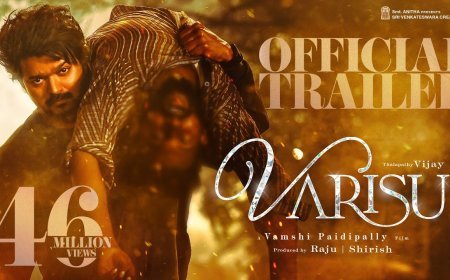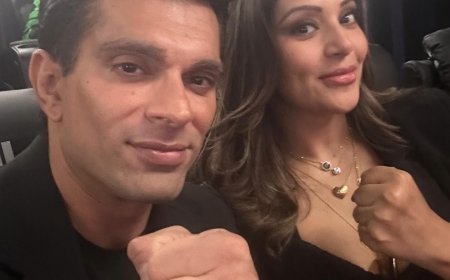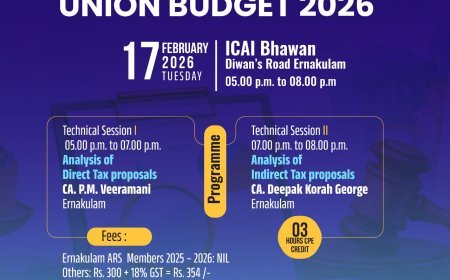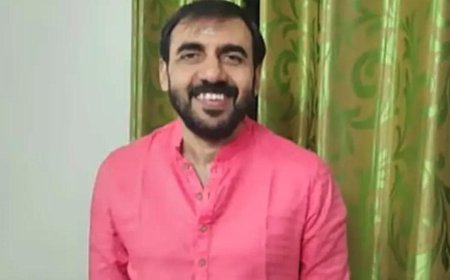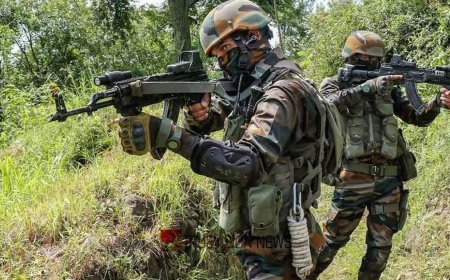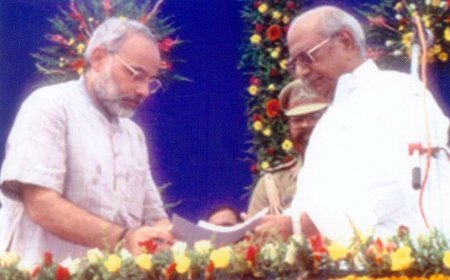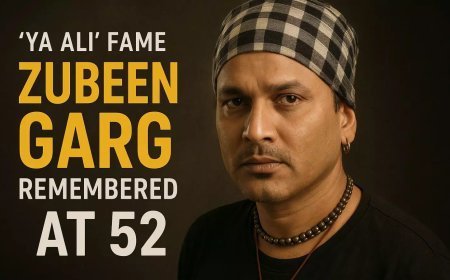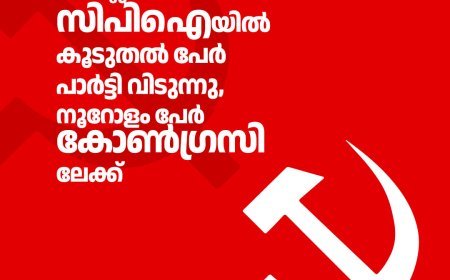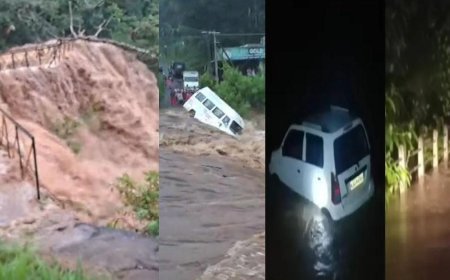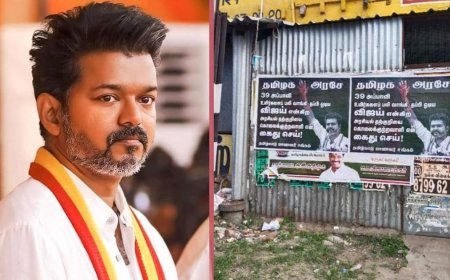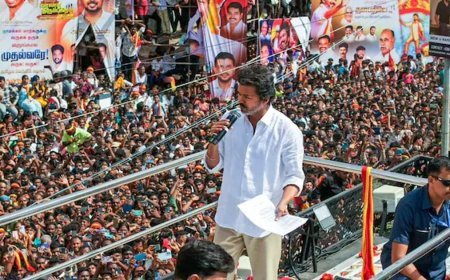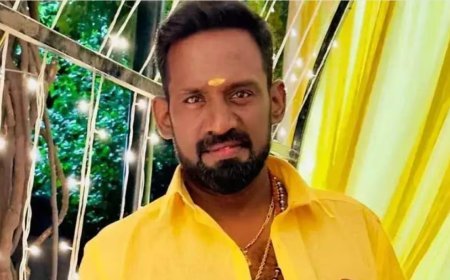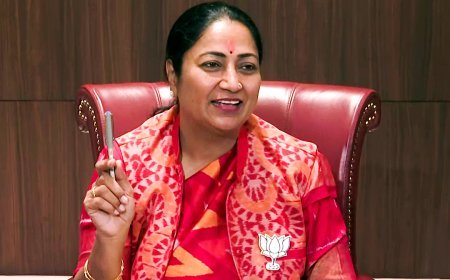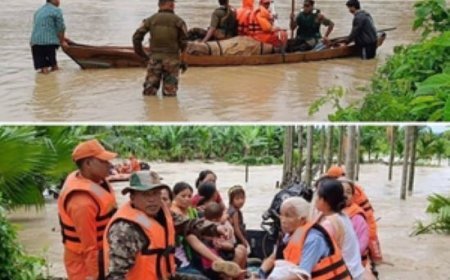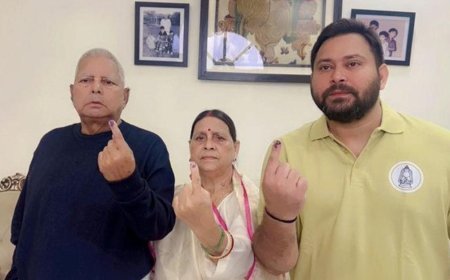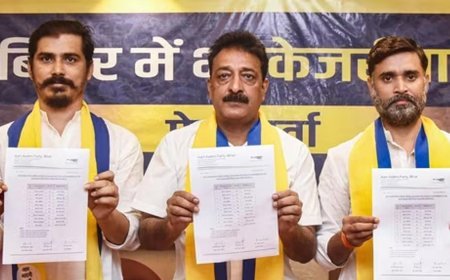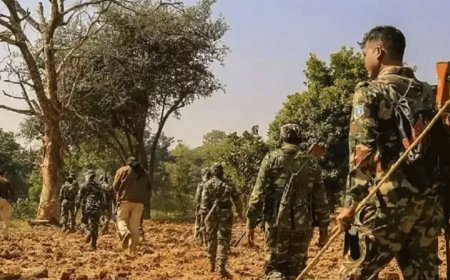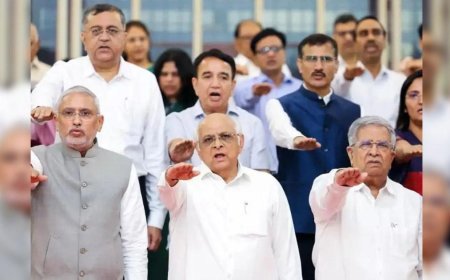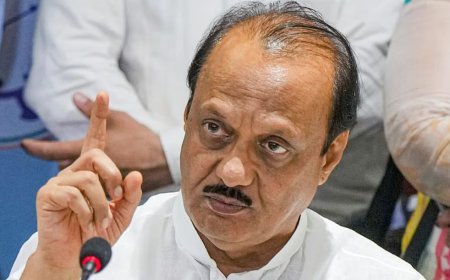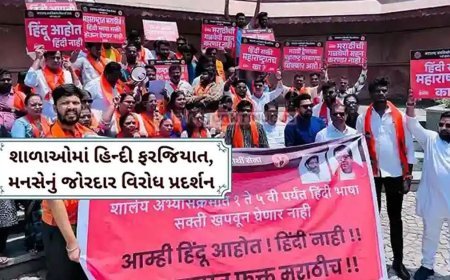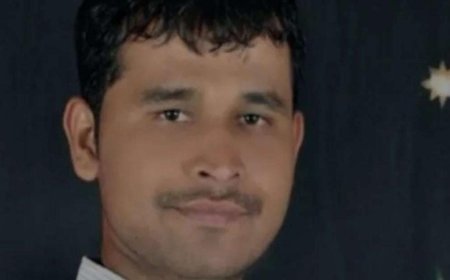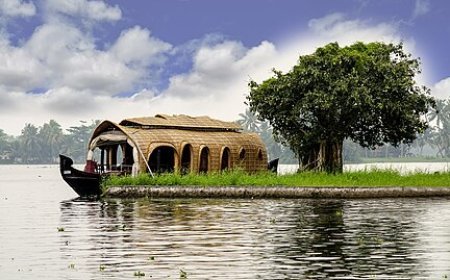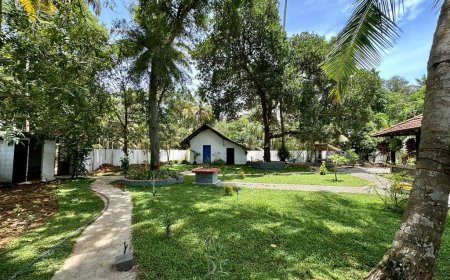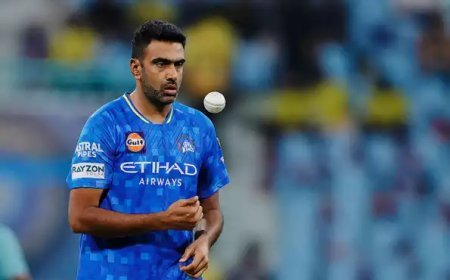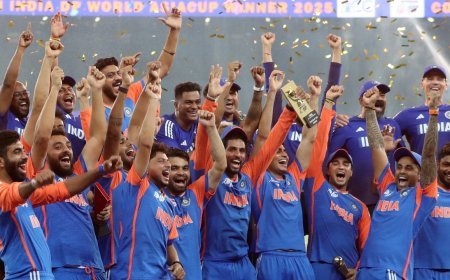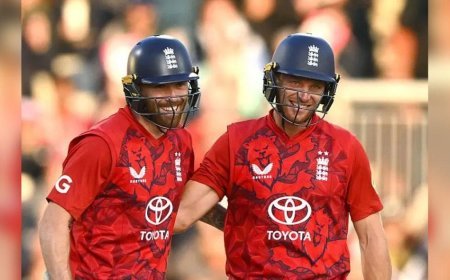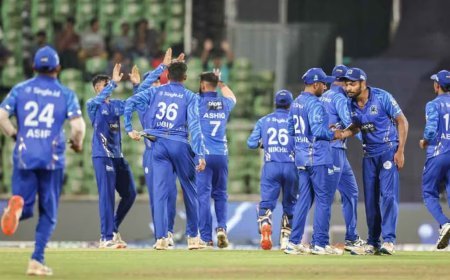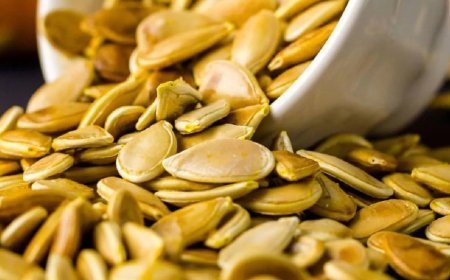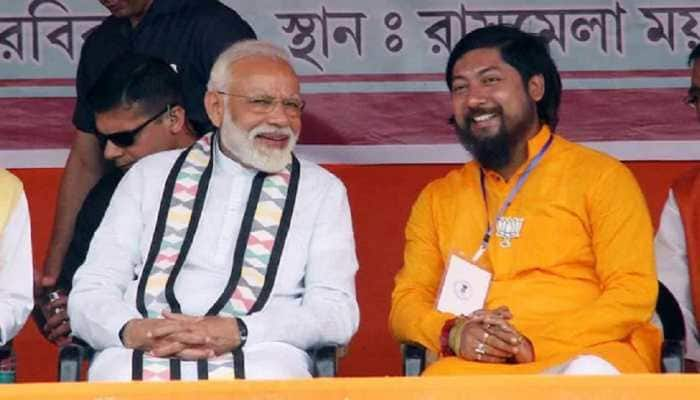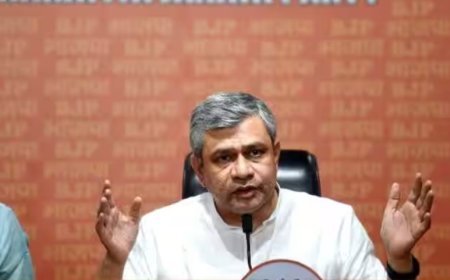What’s behind the Katchatheevu island controversy?
The annual feast for the devout at St Antony’s church on the Sri Lankan island of Katchatheevu, located in the choppy waters of Palk Strait, was revived in March 2010 after nearly three decades.
The century-old church bells had remained silent since the 1980s because of the civil war between Tamil rebels and the Sri Lankan government
A group of fishermen from India, Tamil devotees from the northern part of Sri Lanka, local government officials and Lankan navy officers were among those who attended the celebration on the barren piece of land, located 18km off Dhanuskodi ,near Rameshwaram, that year.
The festival, celebrated under the watchful eyes of the Sri Lankan navy, has continued on the 285-acre island every year since then.
This year, however, Indian fishermen boycotted it in protest against the arrest of members of their community by Sri Lankan authorities.
The boycott did not really make more than local news though; Indian fishermen have frequently got into trouble in Sri Lankan waters for apparently fishing in foreign seas and using bottom-trawling boats.
Just over a month later, however, a political controversy is raging in India over the small island, used for drying fishing nets and for fishermen to rest, pray and gossip, after Prime Minister Narendra Modi tweeted that the Congress “callously gave away” Katchatheevu to Sri Lanka in the 1970s.
External affairs minister S Jaishankar waded in at a press conference, saying the issue had been “hidden too long from the gaze of the public”.
Former Tamil Nadu chief ministers J Jayalalithaa and M Karunanidhi had brought up the issue of the island’s ownership with New Delhi earlier.
The rights of Indian fishermen are often linked to the island and its surrounding waters as it has been argued that by “ceding” it to Sri Lanka, the Indian government curtailed the livelihood rights of its own people in the southern state.
The small island was administered by the British in the colonial era. Historically, the Raja of Ramnad or present-day Ramanathapuram in Tamil Nadu is said to have owned the island, which later became part of the Madras Presidency.
By the 1920s, both Sri Lanka and India wanted it exclusively for fishing and the dispute remained unsettled for decades after that. Both countries became independent in the 1940s and the dispute dragged on.
“The dispute was formally raised by (Sri Lankan) Prime Minister Dudley Senanayake on his official visit to India in December 1968 who discussed it with the Prime Minister Indira Gandhi and formally stated his position that there was no question as such of sovereignty over Kachchativu (Katchatheevu) inasmuch it was part of Sri Lanka’s territory. This became a major issue with India in view of its own claims to it supported by that of the Rajah of Ramnad,” the news website, Sri Lankan Guardian, said in a report published on Tuesday.
New Delhi and Colombo worked towards settling the dispute – once and for all – over the next six years.
While the external affairs ministry led the talks from India’s side, naval hydrographers played a key role in working towards a resolution.
Following talks held between June 26 and 28, 1974, the prime ministers of India and Sri Lanka, Indira Gandhi and Sirimavo Bandaranaike, signed an agreement to demarcate the boundary between the two countries in the waters from Palk Strait to Adam’s Bridge.
It was called the Agreement between Sri Lanka and India on the Boundary in Historic Waters between the two Countries and Related Matters of 1974
A joint statement issued on June 28, 1974, stated that a boundary had been defined “in conformity with the historical evidence, legal international principles and precedents.”
It also pointed out that “this boundary falls one mile off the west coast of the uninhabited” Katchatheevu.
Article 4 of the Agreement stipulated that each State shall have sovereignty and exclusive jurisdiction and control over the waters, the Islands, the Continental Shelf and the sub soil on its side of the Maritime boundary in the Palk Strait and Palk Bay and Katchatheevu Island was determined as falling within Sri Lankan waters.
The following article added that “Indian fishermen and pilgrims would enjoy access to the island as before and would not be required by Sri Lanka to obtain travel documents or visas for these purposes”.
The 1974 agreement was followed by a second one in 1976: The Agreement between India and Sri Lanka on the Maritime Boundary Between The Two Countries In The Gulf Of Mannar And The Bay of Bengal And Related Matters of 1976.
“The issue had long dragged on from before the independence of the two countries: Whether the Katchatheevu island belonged to India or Sri Lanka? Dragged on for several decades and was negotiated at various levels,” Ashok K Kantha, who was India’s high commissioner to Sri Lanka between 2009 and 2013, said.
He added: “The 1974 agreement addressed the maritime boundary dispute between India and Sri Lanka and paved the way for better understanding: It addressed all the existing ambiguities... There was no ceding (of the island). The question did not arise because the maritime boundary was not demarcated.
Since the two agreements were signed, successive governments have continued to respect them
“Atal Bihari Vajpayee had spoken against the agreement in 1974. But later, during his prime ministership, his government continued with it,” a retired diplomat, who did not wish to be named, said, adding that it is a settled matter and cannot be resurrected.
“The island was given to Sri Lanka on the basis of a bilateral agreement in 1974. To retrieve it now, we have to go to war,” then attorney general Mukul Rohatgi told the Supreme Court, on August 27, 2014, ahead of hearing petitions on retrieving the island.
There’s always give and take in border negotiations, former envoy Kantha said.
In fact, in a separate 1976 agreement with Sri Lanka, India got exclusive rights over Wadge Bank, a much bigger area, located near Cape Comorin.
In the case of the 1974 agreement, the “balance of evidence” favoured Sri Lanka, the retired diplomat quoted above said.
What's Your Reaction?







